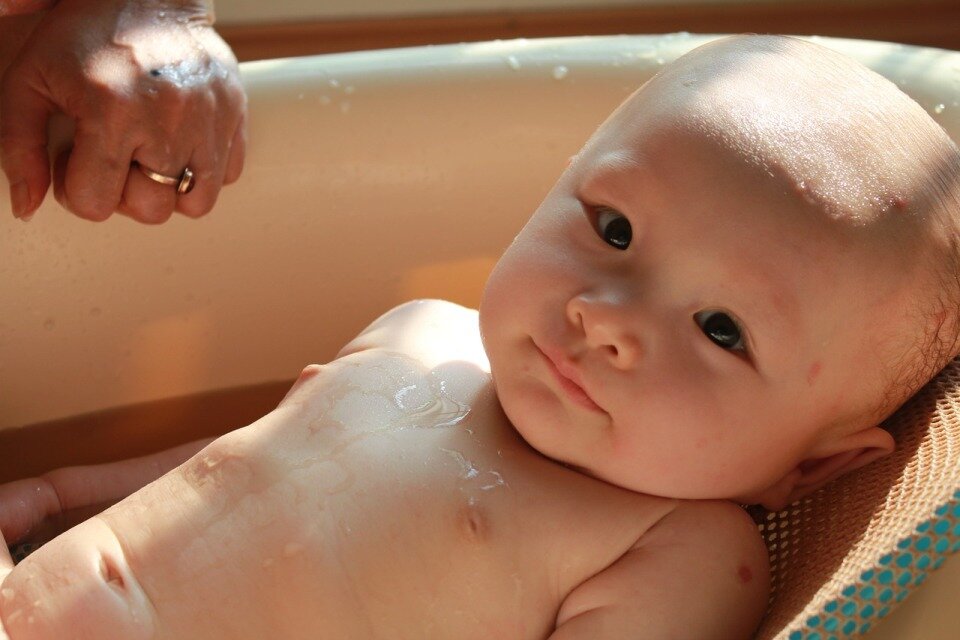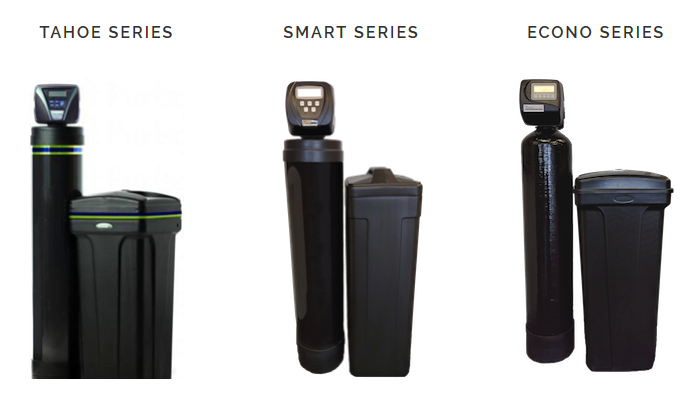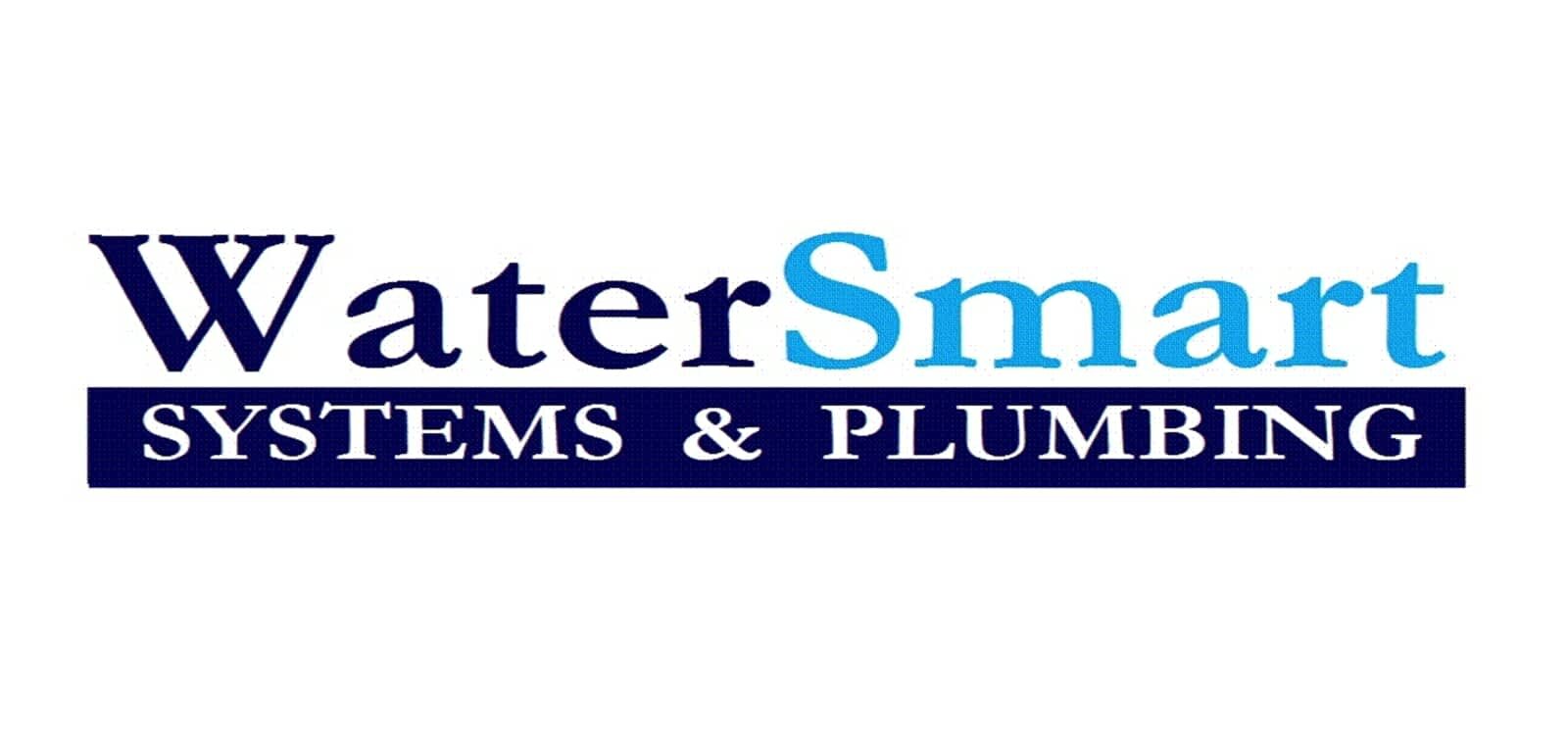Today we are going to take a look at Kitchener water hardness issues and solutions.
At WaterSmart, we have over 25 years of experience in the water softener, bottled water, and plumbing industry and we'd love to share our expertise with you.
We are going to talk about Kitchener's hard water issues, what they mean for you, and what are the best solutions for them. So, let's get started.
Kitchener Water Hardness Issues and Solutions
Kitchener water hardness issues and solutions: learn more - Image Source: Tom1973 [Public domain]
Kitchener is a beautiful place to live, nestled in the Saint Lawrence Lowlands and adjacent to the lovely Grand River. However, it does have some unique water hardness challenges. Don't worry, though, these issues can be overcome!
Read on to find out more about Kitchener's water hardness issues and discover some helpful solutions.
Kitchener Water Hardness Issues and Solutions: What Does Water Hardness Mean?
When you hear that Kitchener has hard water, that means that the water in the Kitchener area contains large amounts of dissolved minerals such as calcium and magnesium.
Calcium and magnesium are natural minerals found in rocks and soil. They can also be found in groundwater. Groundwater is the type of water that comes from the cracks and spaces in between rocks, sand and soil.
Groundwater contains calcium and magnesium
The Effects of Groundwater
Most of the water that is available in the Kitchener area comes from groundwater. In fact, about 75% of Kitchener's drinking water is groundwater that comes from the Grand River watershed.
Groundwater is often hard as it naturally picks up dissolved minerals such as calcium and magnesium from the surrounding rocks and soil.
These types of minerals contribute to your water's hardness level. These minerals are healthy to drink but they do contribute to some other Kitchener water hardness issues that we will take a closer look at as you read on.
Water Hardness Levels
Water hardness is measured in milligrams per litre, which can also be called parts per million or ppm.
Another common way to refer to your water hardness is in grains per U.S. gallon (gpg). If your water is over 121 mg/L then it is considered hard.
The following chart will give you a better idea about the different classifications of water from soft to very hard.
| Classification | Water Hardness |
|---|---|
| Soft | less than 17 mg/L |
| Slightly Hard | 17.1 - 60 mg/L |
| Moderately Hard | 61 - 120 mg/L |
| Hard | 121 - 180 mg/L |
| Purified Water | Safe to drink |
| Very Hard | over 180 mg/L |
Source: WaterSortenerFacts
Kitchener Water Hardness Levels
Water hardness levels in Kitchener-Waterloo varies anywhere from 148 mg/L or 8.7 gpg to 958 mg/L or 56 gpg, which means that Kitchener water ranges from hard to very hard.
Kitchener Water Hardness Issues and Solutions: How Does Kitchener Compare to the Rest of Canada
The water hardness average across Canada is only 10.5 gpg . That means that Kitchener's water is about 2 to 3 times harder than the Canadian average!
To put that into perspective, look at the following chart that shows the water hardness level of various cities across Canada.
Kitchener and Waterloo have some of the hardest water in all of Canada. - Source: www.cwqa.com/
Kitchener Water Hardness Issues and Solutions: Water Hardness in Different Kitchener Regions
There is quite a large range of water hardness in different areas of Kitchener.
The hardest water in Kitchener is found in the area located north of the Conestoga Parkway between Lakeside Drive and Charles Street, south of Victoria Street, and also the Hidden Valley area by Wabanaki and River Birch Street.
To find out the exact level of hardness for your area click here.
Kitchener Water Hardness Issues and Solutions
Having hard water can cause a number of problems around your home and for you and your family. Here is a list of the most common Kitchener water hardness issues and solutions to help you solve them.
1. Build-up on Your Appliances
Hard water will leave mineral build-up on your appliances
Over time, the minerals from your hard water will begin to build up on your appliances that use water, especially those that use hot water or heat your water such as your:
Dishwasher
Hot Water Heater
Electric Kettle and Coffee Maker
Shower Head
This is because the minerals in your water tend to build up faster when your water is heated. This build up of minerals can eventually damage your appliances so that they will need to be replaced more often.
Solution: You can install a water softener to remove the minerals that make your water hard and cause build up in these appliances. Having soft water means that they will last longer.
2. Build Up in Your Plumbing
Hard water can damage your pipes
Hard water can also cause a build up of mineral deposits inside your pipes. As this build-up increases, the space available for your water to flow through your pipes gets smaller.
This causes a decrease in your water pressure. If left untreated, your pipes may eventually need to be replaced.
Solution: Installing a water softener will help to ensure that your pipes do not get damaged or blocked with mineral build up.
3. Dry Skin and Hair
Hard water may cause infant eczema
The minerals in hard water can make your skin and hair feel dry. You may also notice that your scalp feels very itchy.
The minerals in your hard water can also alter the PH balance of your skin which can weaken its protective barrier and make you more susceptible to bacteria and infections.
If you have a baby in your family you might also want to be careful about the possible effects it could have on your baby's skin.
According to a recent study led by King's College in London, hard water and chlorine found in water may cause a breakdown of the skin's natural barrier and can lead to eczema in infants.
This breakdown allows allergens to penetrate your baby's skin and make it more prone to allergic response. This study found that babies living in a hard water area were up to 87% more likely to have eczema at 3 months of age.
In addition, when you have hard water, you tend to use more soap and shampoo because hard water doesn't lather up as well as soft water does.
Solution: Soft water rinses off of your skin better than hard water. If you have dry skin or eczema or if there is a baby in your home, then installing a water softener would be a good choice for you.
4. Hard on Your Clothes
Hard water can be harder on your clothing as well
If you wash your clothes in hard water, you may find that they get mineral stains on them. In addition to nasty hard-to-remove stains, hard water also makes the fibers in your clothing more brittle so they tend to wear out faster.
Solution: Installing a water softener could make your clothes last longer and help to avoid unnecessary staining as soft water is gentler on your clothing. You'll also save on detergent as soft water requires less to get your clothes clean.
Spots on Your Dishes
Soft water will make your dishes sparkle
If you have hard water, you will probably notice spots on your glasses and silverware when you take them out of the dishwasher. These spots are caused from the calcium carbonate found in hard water.
Solution: Softening your water with a water softener means that your dishes come out of your dishwasher sparkling clean as soft water doesn't contain or has very little calcium carbonate.
5. Unpleasant Taste
Even though there are no apparent health risks to drinking hard water, some people find the taste unpleasant.
Solutions: If you don't like the taste of hard water, there are a few different solutions available to you. These include:
Purchasing bottled water for drinking
Installing a water softener to remove the minerals
Installing a reverse osmosis system to remove the minerals
WaterSmart sells water softeners designed for Kitchener water hardness issues and solutions
For Kitchener Water Hardness Issues and Solutions, Contact WaterSmart
WaterSmart can help you solve your Kitchener water harness issue with a high quality water softener specially designed and programmed to address the hard water problems in your area.
WaterSmart has been servicing the Kitchener Waterloo region for more than 25 years and we know how to solve your hard water issues. We are your local water softener and plumbing experts.
We're proudly celebrating 25 year of professional service and we would love to put our knowledge and expertise to work for you. If you are looking for a new water softener, or you require servicing for your existing unit, contact us today!
WaterSmart also offers a full range of plumbing services that include:
Kitchens and Bathrooms
Leaks
Toilets and Taps
Clogged or Slow Drains
Countertop Pre and Post Installation
Dishwasher Installations
Sump Pumps
Tankless Hot Water Heaters
New Plumbing and Renovations
Master Plumber and Gas Fitter
Backflow Testing or Device Installation
If you are wondering whether or not your softener is working well, then you can bring us a sample of water and we’ll test it for free!
"My wife and I recently purchased a home that did not have a water softener since the house was built. One company advised us to use the plumbing stack for drainage because of the location of the main water pipe, this was understandable. However, Watersmart advised us with a better alternative. Since they were licensed plumbers, they were able to find a location to cut some water pipes, and install the water softener near our laundry drain. They are very skilled professionals, and have great customer service. We also bought a reverse osmosis from them. They gave us detailed instructions on how to operate the softener and reverse osmosis. I would recommend these guys. Thank you Watersmart."
- William
Read more customer testimonials











